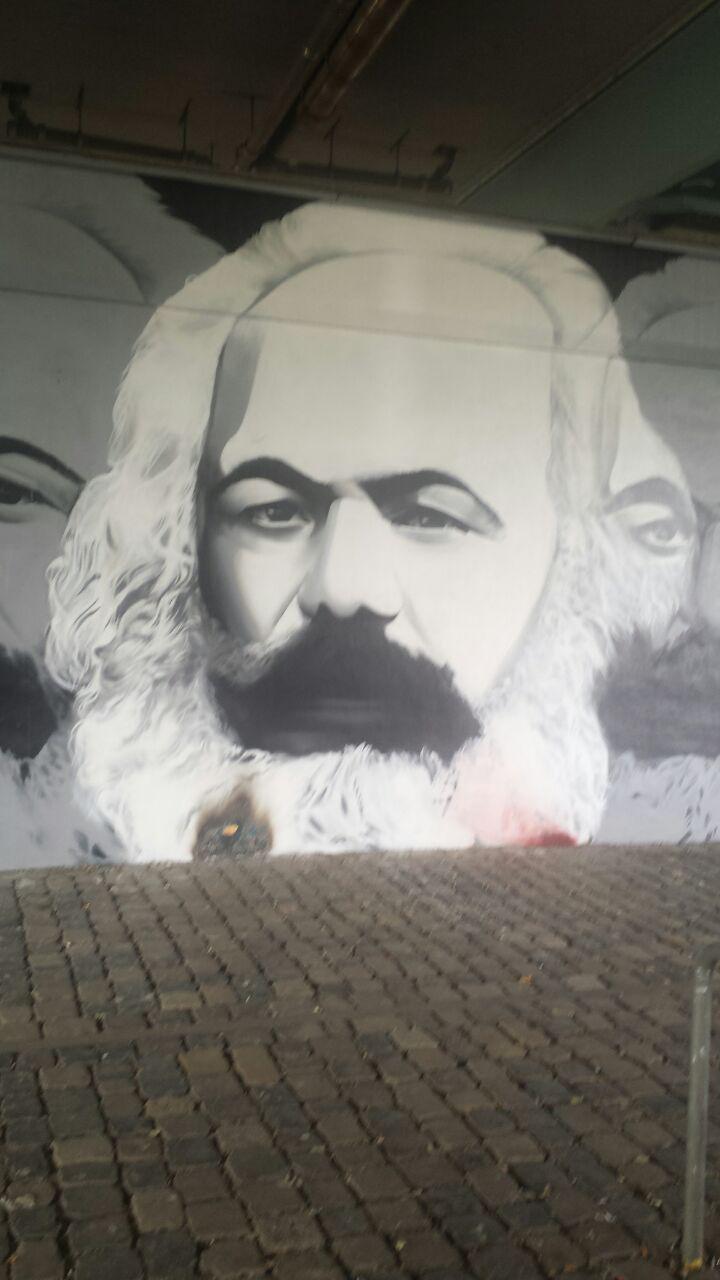Creative Industries, Value Theory and Michael Heinrich’s New Reading of Marx
This article utilises the new reading of Marx found in the work of Michael Heinrich to ana-lyse the creative industries. It considers the role played in the production of value by the labour that takes place in the sphere of […]
Creative Industries, Value Theory and Michael Heinrich’s New Reading of Marx









